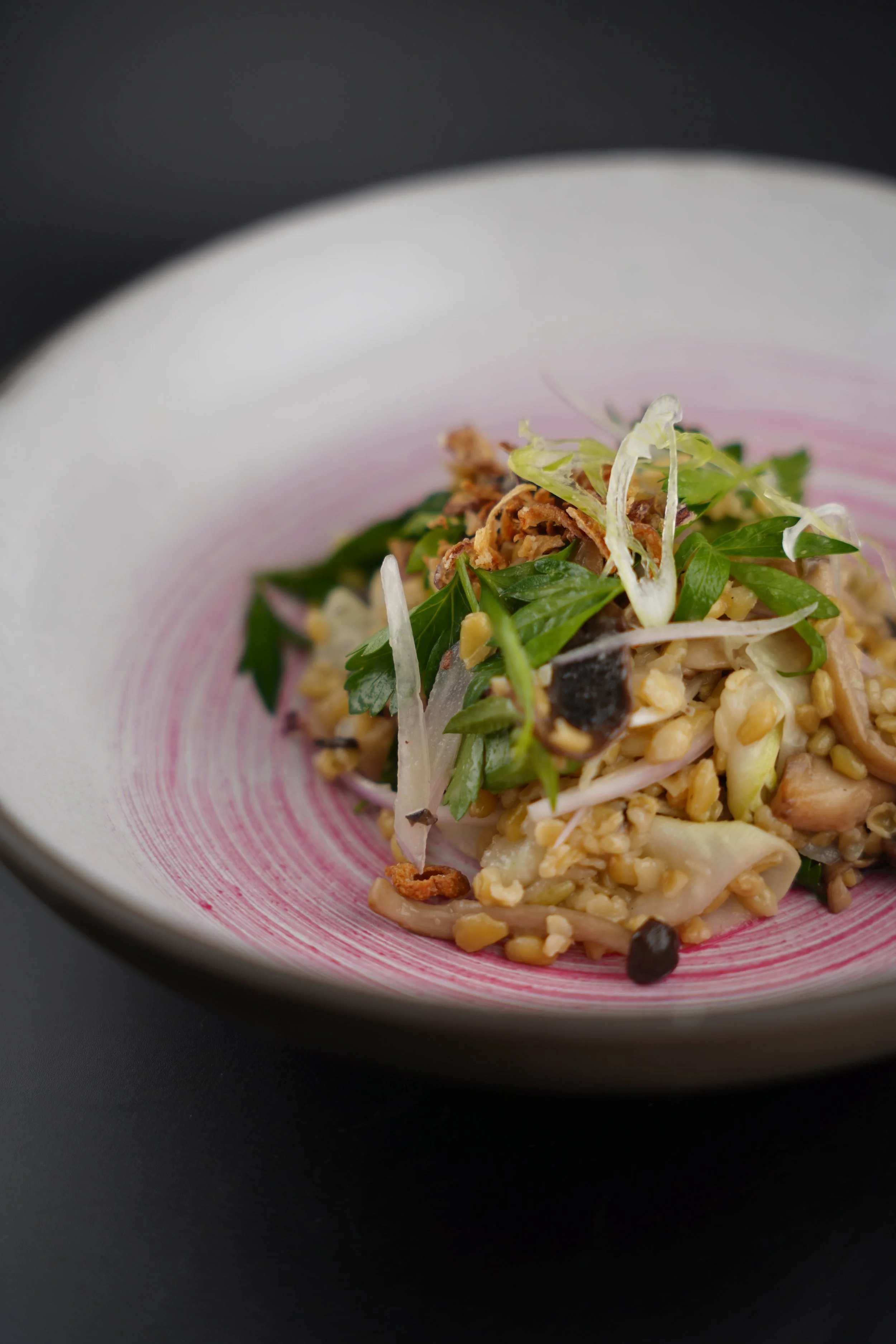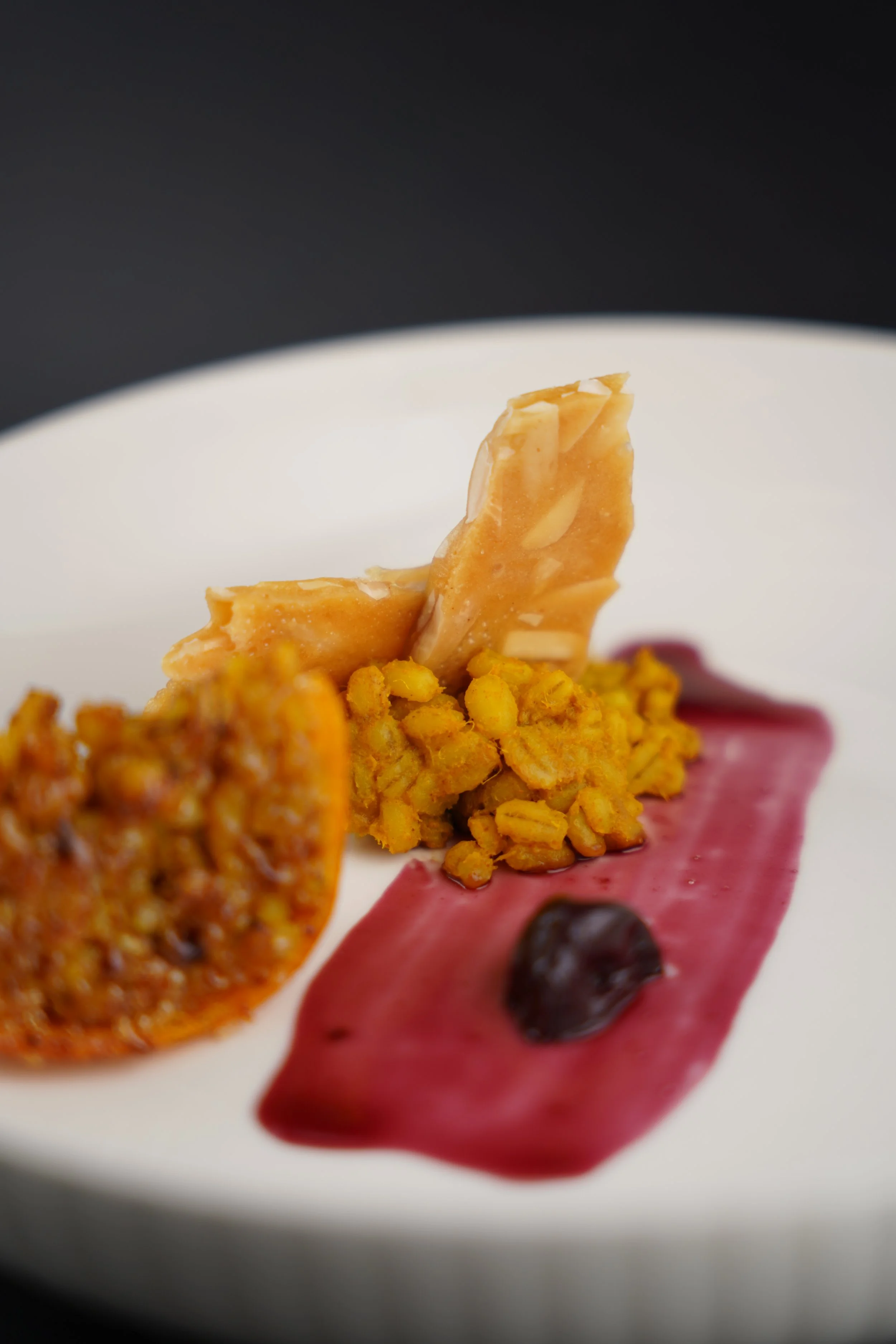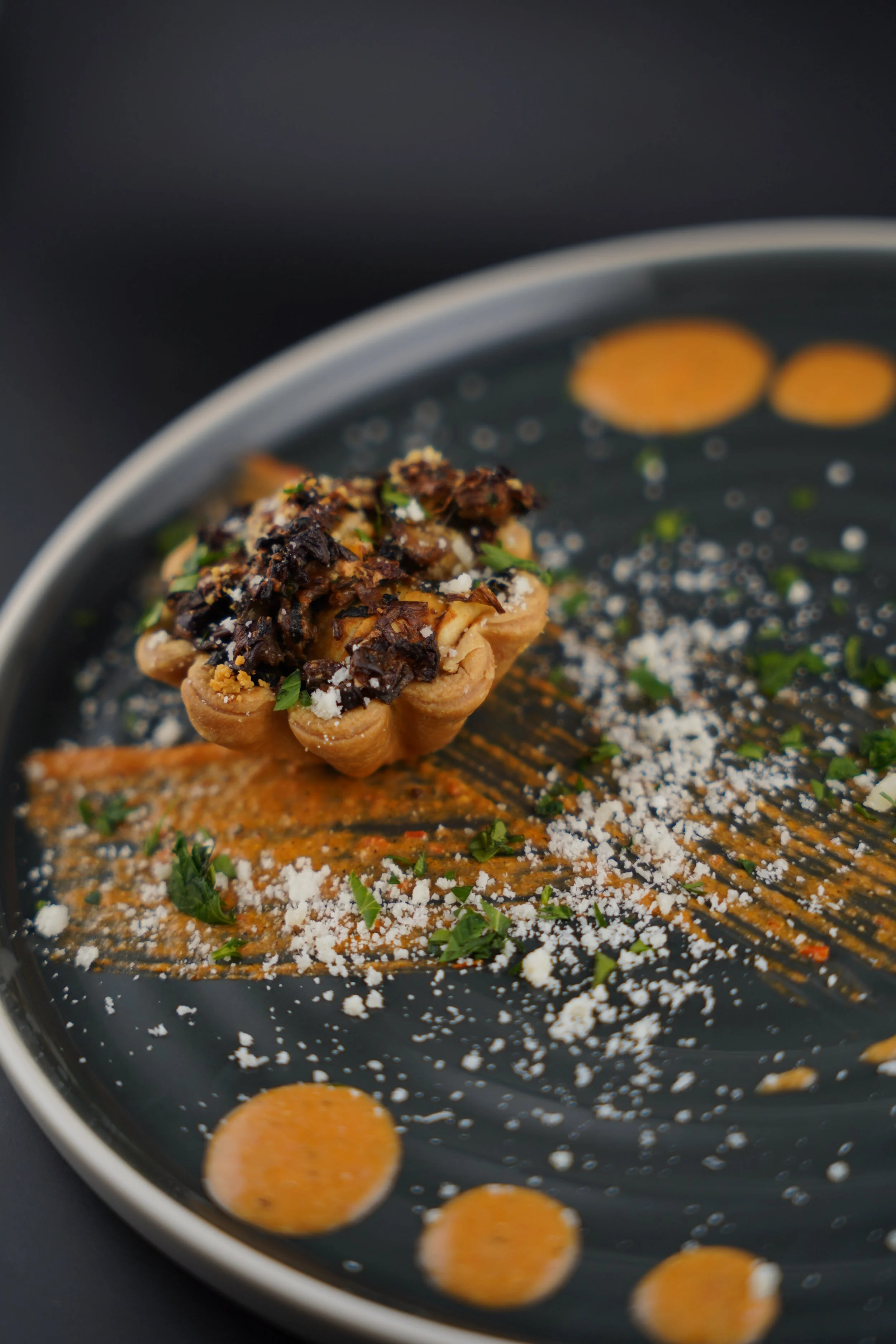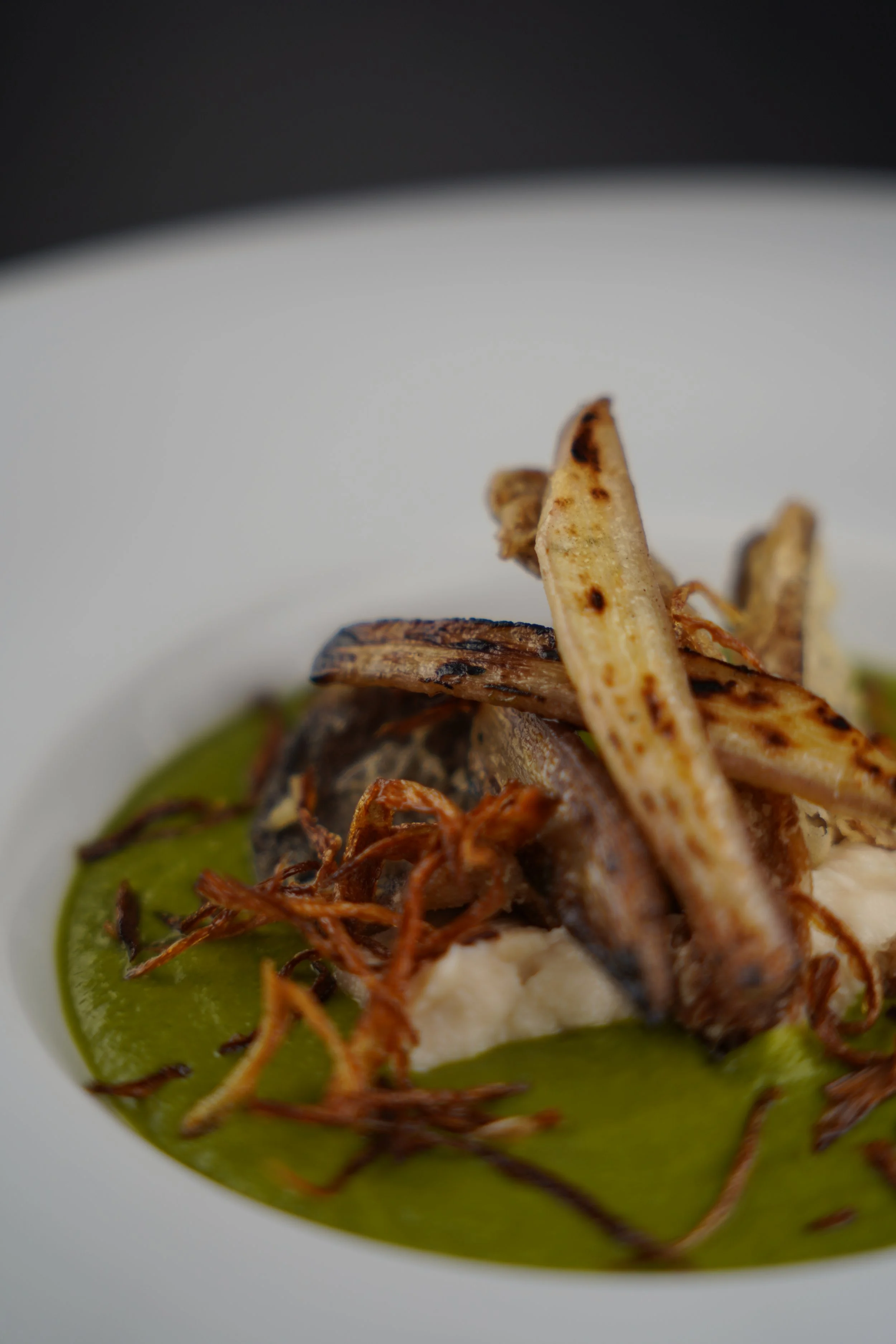professional culinary

15 week full-time professional program focusing on techniques, ingredients, global cuisines, creativity, modern thinking, and mindful values.
Intake Dates
January 12, 2026
September 7, 2026
January 11, 2027
Culinary is Monday to Friday 830am-330pm
Create, Not Just Replicate.
We recognize today’s chefs are asked to wear many hats: to be artisans, innovators, leaders, problem solvers, and a greater voice for tomorrow’s food sensibilities and challenges. Which is why we exercise your thinking and creative muscles beyond your own expectations. This is, after all, what a great education does.

our culture
Northwest Culinary Academy is a school that prides itself on promoting a progressive, forward-thinking culture that’s more fitting for the contemporary professional kitchen. Unlike traditional culinary institutions, we’re committed to breaking away from the “yes chef” mentality, fostering an environment of respect towards the craft, the creative process, technical skill, discipline, and most importantly, respect for each other. Come with an open mind so we can focus on your individual learning experience and help you become the best version of you.
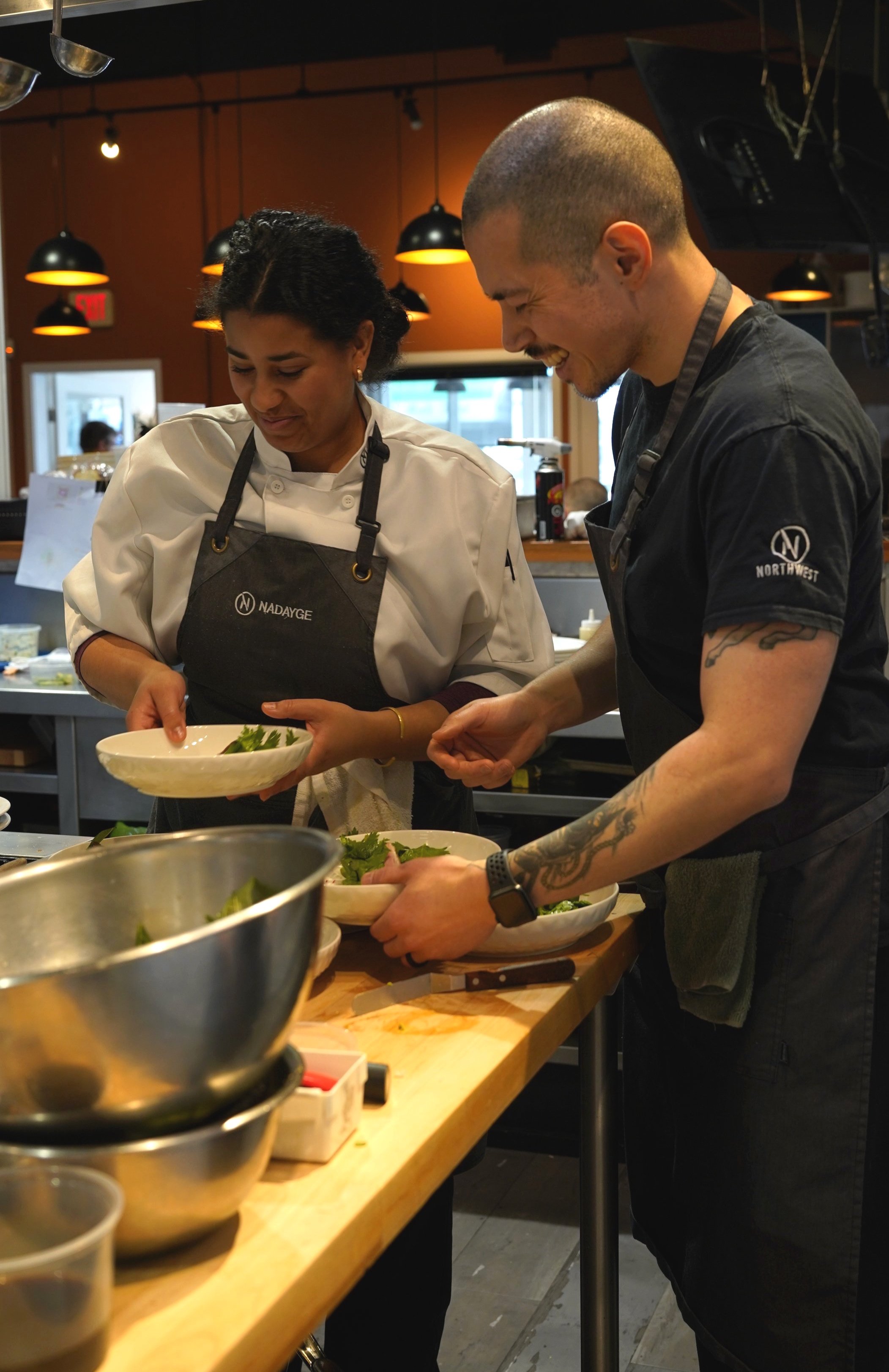
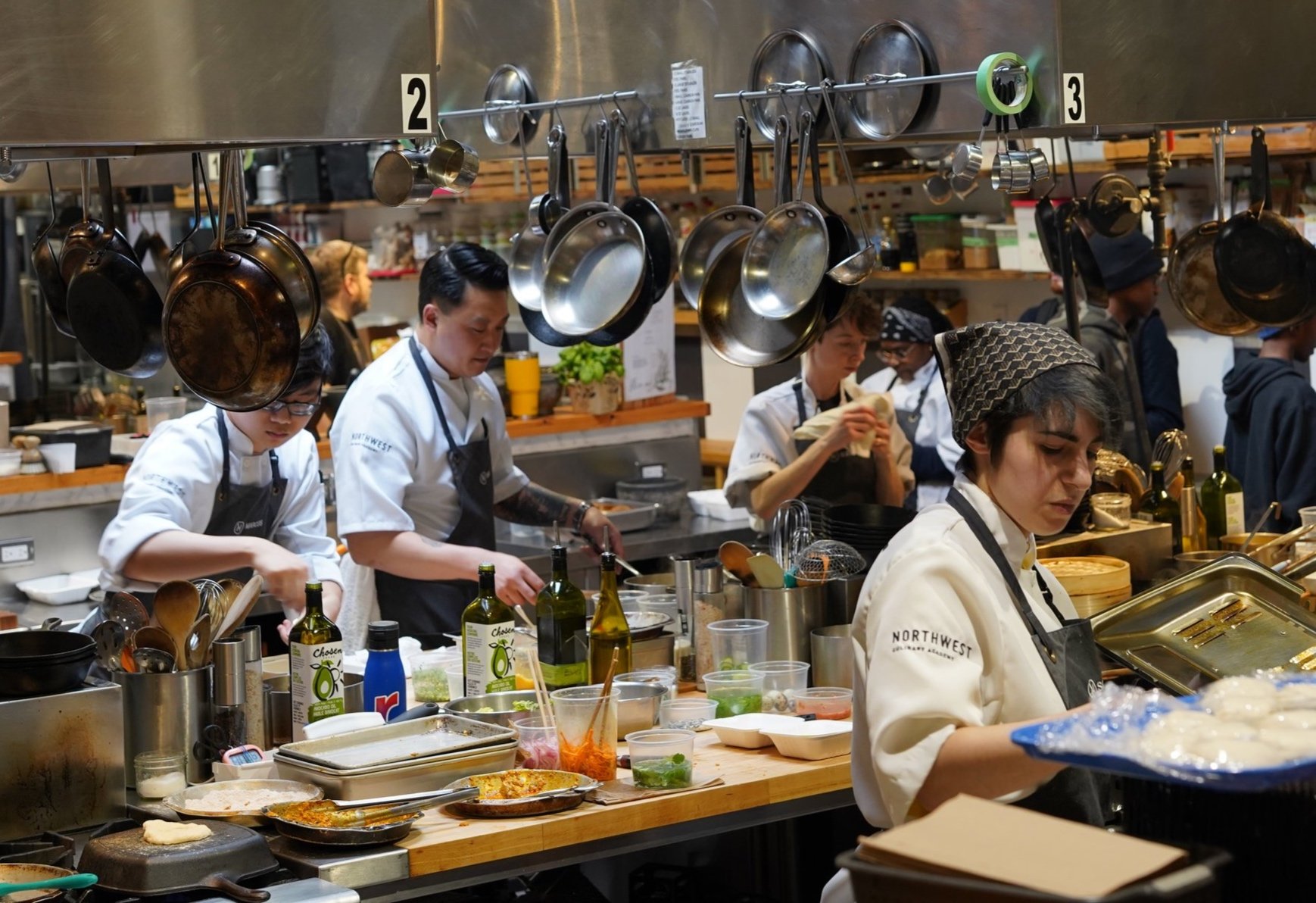
curriculum
In this course we will cover an extensive array of techniques and work with an incredible amount of ingredients.
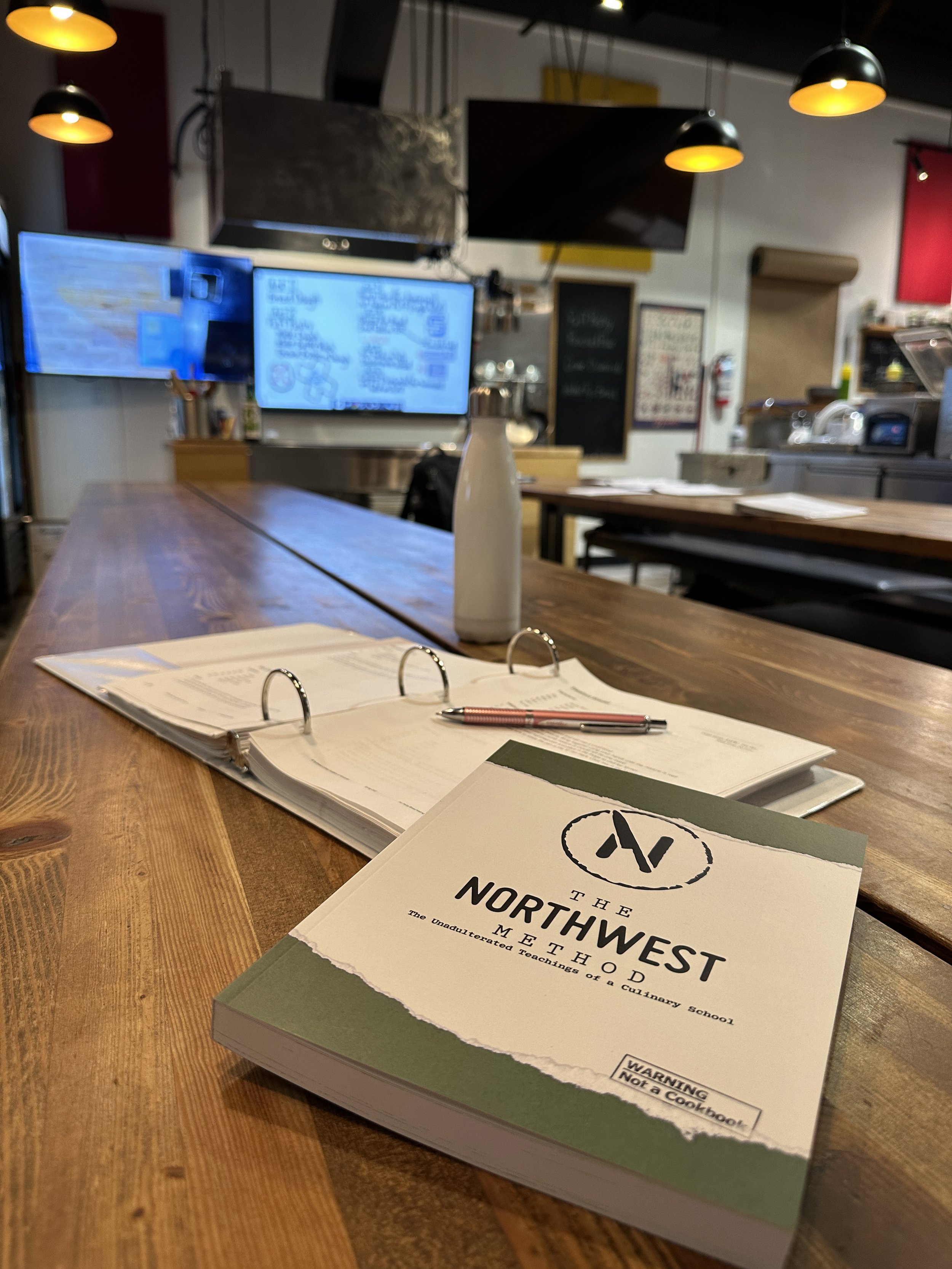
The world of cooking is constantly changing. Our curriculum has been mindfully built to give you the ability to navigate the contemporary kitchen, wherever your culinary journey takes you.
Our goal is to provide an education that's technically sound and suited to the modern culinary mind. At Northwest, we update and improve the curriculum every semester in order to provide our students with a learning experience that's engaging and current. Technique is the common thread that ties it all together.
The focus of this program is to equip you with the essential skills and knowledge so you can bring your vision to life. Each individual, each person, has their own creative spark. Our style of education is best suited to those who are looking to dig deep and challenge themselves to find that spark. Welcome to a profession of infinite interpretations.
Some of what we will cover
Garde Manger (knife skills, salads, canapes)
Stocks & Soups
Vegetables
Art of Sandwiches
Grains and Starches
Legumes and Soy Products
Eggs and Poultry
Fish and Crustaceans
Plating Techniques
Menu Design
Food Costing/Starting a Business
Fermentation
Knife Sharpening
Sous Vide
Modernist Techniques
Pasta/Dumplings/Asian Noodles
Spices
Plant-based Cuisine
Pig/Duck/Chicken Butchery
French Classics
Italy & Spain
Middle East, India, Latino and Asian Cuisines
Pastry Fundamentals
Bread Fundamentals
Classic and Modern Sauces
Plant-based cooking
Nutritional principles of balanced cooking and eating
Farm-to-Table
Butter/Cheese Making
Wine Tasting
Charcuterie
Fair Kitchen Practices
Red Seal Level 1 Theory/Practical Exams*
Practical Quizzes
Creating Your Portfolio
Weekly Student Menu Development Projects
Stages at local restaurants/hotels/catering companies
Food Truck Practical Mid-Term
Multi Course Final Practical Project
*Culinary students with a BC address qualify for Level I of their Red Seal after completing a practical, theory exam and 1000 industry hours (the course contributes 300 hours towards this).
a typical day
Each day focuses on a specific theme with specific objectives..
We start on time, right on the dot.

Each day begins with our chef instructors communicating the day's objectives with the class. We organize these objectives into multiple acts, allowing us to maximize our time and number of learning opportunities so no moment is wasted.
For each act, we'll demonstrate the techniques and dishes, cover the theory, and answer any questions. Then the students head into the kitchen to follow the same practices with our instructors guiding them when needed. Once that act is completed, we all return for the next demonstration and repeat the process together.
Every day will challenge you with all the necessary hands-on tasks and thinking that makes great cooking work - cleaning, preparation and organization, note-taking, team communication, dancing within one’s station, questions and answers, it's all meant to build high professional standards and expectations.
Although students work in teams at a station, the majority of cooking and dish execution is done individually. This helps each individual see the process from start to finish.
From a learning standpoint, this allows us to understand the educational needs of each person as well. With a maximum of 24 students per semester and 3 instructors in the kitchen at a time, this 8:1 ratio means we can provide more attention to help you progress.
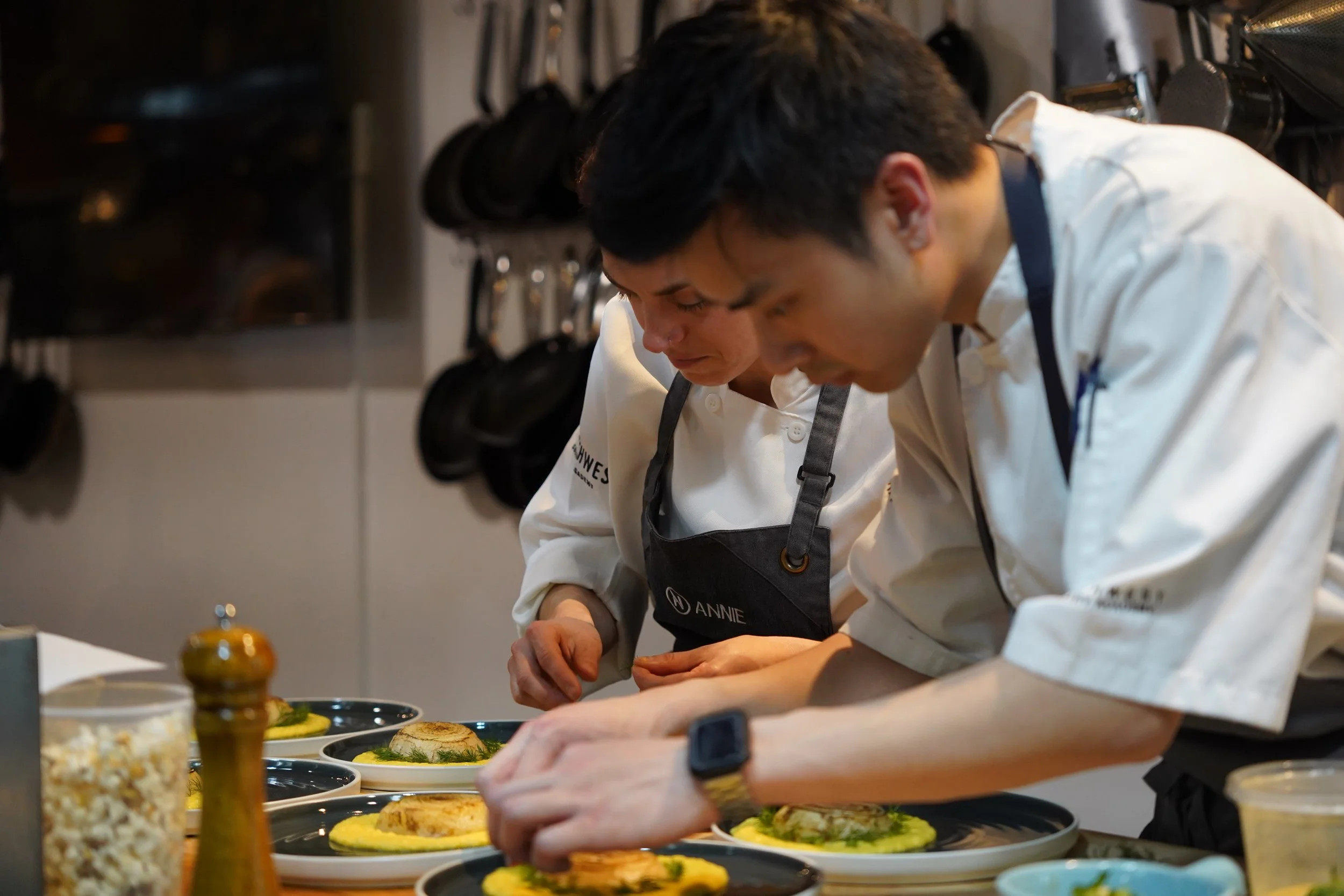
Mid-Term Pop-Up
At Northwest, our students take their skills beyond the classroom with a series of three pop-up dining events. The first pop-up serves as the mid-term practical exam: a curated menu featuring dishes the students have mastered during the term, highlighting their fundamental techniques and execution. The next two pop-ups give students the chance to design and create their own original dishes, offering a preview of their creativity and style as they prepare for the high-stakes final practical exams.
Food Truck
project
For our food truck project, our students engage in a 3-day long exercise where they create their own "food truck" to simulate the process of starting a business. They'll conceptualize their own food truck, design their menu, create their own dishes, and practice food costing. On the final day, the kitchen space is transformed into a food truck gallery where invited guests can order food from the students' businesses.


The Final Service
The final service is an intensive practical exam that’s the culmination of all the skills learned in our professional program.


The final service is an intensive practical exam where our students work individually and serve a 6 course menu to invited guests with the support of a "sous chef". Showcasing their skills and sharing their artistry with their own invited guests..
It’s a comprehensive process that explores the technical and creative aspects of menu planning and experimentation. This all starts with individual dish development, as our instructors coach the teams through the evolution of their concepts.
Our graduates often describe this as a highlight of their culinary education and an experience that was a key stepping-stone towards their personal evolution.

our space
Not all culinary schools come from the same recipe book

Our kitchens are warm, inviting spaces, a departure from the fluorescent lights and maroon quarry tiles of a typical industrial setting. Theory and practical go hand-in-hand so everything is done in the kitchen. Part art studio and workshop, part classroom, all craft.

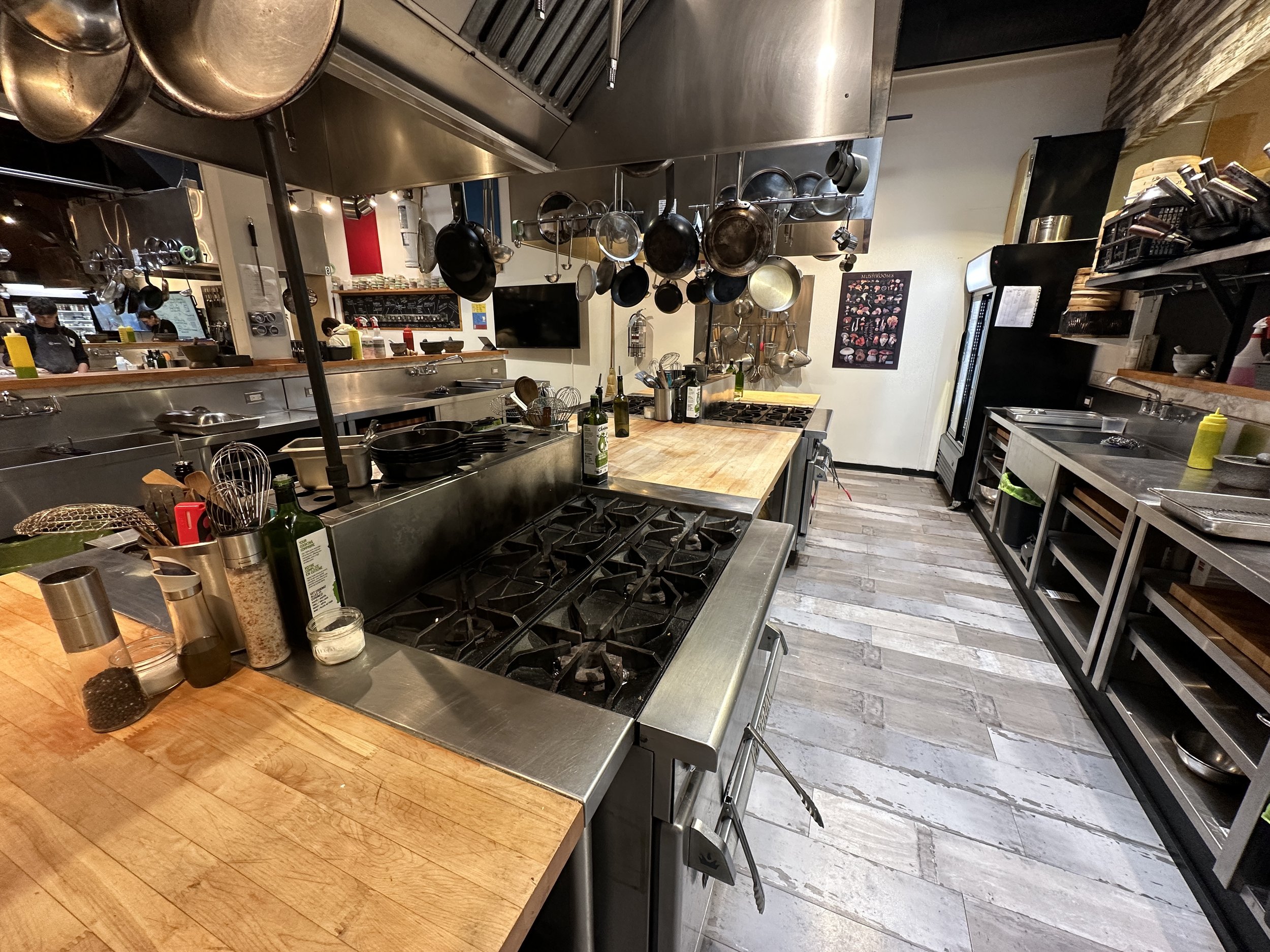

10 reason to choose
CHEF-OWNED. This means teachers with more skin in the game, who are committed to their students and their workplace beyond a teacher’s contract. It also means learning your instructors’ commitment to leadership and smart operational-business practices. Learning from chef-instructors is one thing: learning from chef-owners is another.
STUDENT-DRIVEN. We screen, first and foremost, for smart learners. And by communicating with them as adults, we evolve our school collaboratively. It is what the best teachers, chefs, and owners do: they listen.
8:1 STUDENT-TEACHER RATIO. There are always three instructors on the floor. And on key days (the first week of class, menu developments, mid-term, and final practicals) all the instructors are available for coaching. In effect, that means on the most important days students will have a 8:1 ratio.
REALISTIC TUITION. Some ask why our tuition is lower than most private culinary schools. The real question is why are they so expensive? As a chef-owned school, we obviously have a different business model. All but one of us work in the classroom for your tuition money. We don't have a massive administration. And that means you get much more attention and quality ingredients for your education money.
CREATIVITY-FOCUSED. Some schools abide by the “do it the chef’s way or highway” philosophy, limiting creativity and spontaneity. All schools will teach you techniques, and indeed techniques are vital. But chefs are born to think beyond rules and formulas. They bend them using their own senses and ideas. We discovered that students apply techniques with greater focus, motivation, and craft when we put them in more creative situations. It is a challenging teaching method, but it pushes the mind, hands, and confidence much further along.

KITCHEN DESIGN. Our island-configured kitchens allow for greater collaboration and more seamless choreography between theory and practice. And though you share a 6-burner range and double sink with two other partners, you perform the majority of your daily practical tasks individually. This is unheard of for culinary schools. It means more accountability, better assessment from your instructors, and a faster path to competence and, most importantly, confidence. The working space feels more like an atelier or studio rather than an industrial environment, which promotes artisanship, focus, and behaviour.
LOCATION. Our region is known for its enthusiasm for great ingredients, and this is what continues to define Vancouver as an eclectic food destination city. We chose to build Northwest on Main Street, the most artisanal business strip in the city, surrounded by independent one-of-kind cafés, breweries, restaurants, grocery stores, and some of the city’s more visionary, non-corporate businesses fostering community values. After more than 15 years, we have seen these unique enterprises grow up around us in this very student-friendly residential neighbourhood which is centrally located and very accessible by transit from all directions, with plenty of nearby free street parking.
CONDENSED PROGRAMS. Every day is purposed to maximize learning and performance. We achieve more in a day than traditional schools because of a simple strategy: treat learners as mature adults capable of bringing a lot to the table. On the very first day we collaboratively discuss and establish our expectations for each other, set some common-sense ground rules we both agree on, roll up our sleeves, and get to work. Welcome to a profession where every second counts!
UNIQUE HISTORY. In 2004, Northwest was built by experienced chef-instructors who had a vision for a model of culinary education that did not yet exist. A defunct metal fabrication shop on the eclectic Main Street was gutted and every square inch strategized with chalk lines, viewed through the eyes of the learner. Northwest quickly attracted the attention of a new type of student...one that was mature, educated, well-travelled, and, for the most part, shifting careers. And we quickly achieved positive attention and success. Nothing complicated about it really: leave ego, big chef hats, and old-school practices at the door and concentrate on craft, ingredients, creativity, integrity, and recognize that a school is only as good as its learners. That includes us!
INNOVATIVE. Our teaching approach reflects a shift away from hierarchal and antiquated ego-driven kitchens. Each term we start over and look at learners, our teaching methods, and ingredients with a new lens. This attitude encourages the discovery of new and better ideas and attitudes, which best describes tomorrow’s influential chefs. It also best describes great teaching!
intake dates
Intake Dates
January 12, 2026
September 7, 2026
January 11, 2027
Culinary is Monday to Friday 830am-330pm
apply below
Clicking one of the buttons below will take you to a PDF which can be filled out and submitted to info@nwcav.com

TUITION
CDN $13,950.00
ADDITIONAL FEES
Application Fees: CDN $100
Uniform: CDN $448
Toolkit: CDN $795
(students can either buy their toolkit from the school or furnish it themselves)

TUITION
CDN $13,950.00
ADDITIONAL FEES
Application Fees: CDN $150
Uniform: CDN $448
Toolkit: CDN $795
(students can either buy their toolkit from the school or furnish it themselves)

TUITION
CDN $15,950.00
ADDITIONAL FEES
Application Fees: CDN $150
Uniform: CDN $448
Toolkit: CDN $795
(students can either buy their toolkit from the school or furnish it themselves)
This program has been approved by the Private Training Institutions Regulatory Unit (PTIRU) of the Ministry of Post-Secondary Education and Future Skills.Graduates of this program are not eligible for a post graduate work permit.FAQ
professional culinary
-
First and foremost, we look for smart, diligent learners. The majority of our students have some form of post-secondary education and a penchant for learning and research, are intellectually disciplined, come to class mentally ready, take good notes, and are prepared to undertake theory work on their own time. That said, post-secondary education is not a requirement. But being a mature, focused, and keen learner certainly is. We also look for a solid work ethic. This is a demanding field and we expect you to be self-disciplined and focused for long periods of time. We take attendance seriously (please read application)…just as our industry colleagues do. Missing a day in a professional kitchen puts you and your team at a distinct disadvantage. It’s no different here. And perhaps just as important, we look for mature, considerate human beings. Everyone is different, coming from various backgrounds and experience levels. We will not tolerate harassment of any kind and such actions will be dealt with quickly and severely. Remember, not every day will be perfect. Sometimes you’ll need to dust yourself off and start again. But we try to foster an environment that embodies the virtues of patience and mindful communication, something this industry can use more of. We’re not a “Yes Chef!” school. We earn respect. We don’t demand it.
-
No, we are a school after all, not a restaurant. We cater to career changers as well as those working currently in the industry looking to up their game. We can do a lot with your obvious passion for food, but we do expect you to fully understand and appreciate the intensity and work ethic of this profession. If you do have industry experience, that’s great, but we expect you to clean your slate and learn with a completely open mind.
-
Foremost, we are committed to the most important part of your education: our attention and support. Our low student-teacher ratio affords that. Being owners as well, it affords us the opportunity to go the extra mile, and this is what separates us from any school model. We don’t just punch a clock. We talk to you as an adult and peer, never down to you. This allows us to best support you through your inevitable challenges. Some other chef-instructors emphasize the “chef” in their title. We emphasize the “instructor” in ours. Finally, Northwest is a student-driven school. We elicit your feedback and use the information to stay ahead of the curve. It’s a practice many smart chefs are adopting in their industry kitchens to maximize intellectual and creative output. It’s also what smart businesses do.
-
Average student age = 26.5
% of international students = 25%
% of students with some post-secondary education = 75%
% of career changers = 65%
% of curriculum that changes term to term = 10%
% of attrition = 4% historically (usually due to personal reasons)
% of students who successfully graduate = 95%
% who find work in the industry = this industry is always looking for quality cooks. And our grads are always sought after.
% who still work in the industry years after graduation = this is a legitimate question. But as this is an industry that provides plenty of opportunity but does not do a great job sustaining its own people, it is often very specific to the individual. This is why we encourage our students to take an entrepreneurial approach to their career, and this has proven to be effective in encouraging our grads to take advantage of their first few years in the industry and always plan for “owning” their craft one day. The other thing to consider is how to define “the industry”. We have had students who work as farmers, in education, health and nutrition, in wineries, bed and breakfasts, as well as those who have run their own successful food photography/social media businesses. To us, the industry of food is changing – even though it may not fit under a “traditional” model.
-
Yes, we formally teach the fundamental math of a food business, and throughout the course we do creative exercises which address the parts and mechanisms of smart business sustainability. In fact, we also have the opportunity to practically showcase those skills through a food truck exercise during mid-term week. Moreover, we examine the school itself as a solid and forward-thinking business model, from inception to evolution, often referring to our in-house business practices. We formally discuss how to plan and execute your business idea one day, bringing to your attention things books don’t talk about, like mechanical engineers, city hall codes, social media, and what connections to make before signing a lease. As owners, we make such information more transparent and digestible. Most importantly we make ourselves available, at any point (even years after graduation), to discuss your ideas. Many of our successful grads with their own businesses have done just that.
-
Firstly, our kitchen design allows us to get more performed in a day than most schools, and we put more instructor bodies on the floor to achieve this. Second, we put our students to work on Day 1 and treat them as highly-focused mature adults – not “kids” – who can absorb and achieve at an intensive pace. The reality is that this profession IS intensive, requiring the ability to absorb, adjust, and integrate quickly. In other words, we reflect this intensity, which is why focus, attendance, and commitment to your education is vital to your success moving forward.
-
Yes. Culinary students qualify for Level I of their Red Seal after completing both a practical and theory exam. The practical exam is undertaken as one of our in-class midterms, while the theory exam is written at our school AFTER graduation at an assigned date. You will achieve Level I after completing your required industry work hours. You will receive 300 of your required 1000 industry hours from the culinary program. As well, we act as a consistent sponsor for our grads in the industry (anywhere in the world) as they move towards their Level II & III.
-
Simple. Our industry colleagues and grads do. Why pay full tuition to work for us? To be honest you can and ought to be learning in real industry surroundings from our industry partners. We connect our students in various professional kitchens for after-class work observations (on a volunteer basis). This begins your networking, your understanding of various styles of industry kitchens, and these observations count towards Red Seal hours. We do, however, convert our school into a “restaurant” setting for the practical final exams, where students create and serve a 12-course tasting menu (YES, 12!) served to their guests and our colleagues.
-
A lot of our produce is organic and we source local whenever possible, and often purchase the old-fashioned way: by shopping ourselves. However, it is important to recognize that with the impact of inflation and the fact we have frozen tuition increases since 2019, we have to be conscious of the cost of ingredients. We also apply a strict total utilization and waste management program to maximize our privilege with these ingredients. Any food leftover from our daily practice is used in house for our other programming or donated to our neighbours in Mount Pleasant.
-
The range is quite global: Mediterranean, Middle Eastern, Latino, Asian, classical French, Indian, etc.. The common language is techniques, but we also delve into modern and ancient practices. What characterizes Northwest cuisine, and its approach to food, is its open-mindedness to regularly seek, learn and execute new styles.
-
Yes, but only at an introductory level. We do taste a few throughout the term. And we taste some local beer too.
-
Over the years our students have initiated practices which we as culinary instructors had not considered, let alone been taught by our past. Fermentation has become a big topic of interest, Sandor Katz, the fermentation guru, spoke and demonstrated at our school years ago and we still make his kimchi and many of our own fermented and preserved products. As well, there are skills we have discovered which give students a greater advantage moving forward. For example, encouraging more precise drawing to express ideas, use of media to expedite demos, open discussion of less-than-fair industry practices, video projects, how to stay healthy in a profession that taxes the body, and discussing the food experience after it is swallowed (over 40 nutrition practitioners have graduated from Northwest over the years).
-
Yes, but due to the intensive nature of the program we HIGHLY recommend no more than 20 hours per week, or depending on our assessment of your application, potentially none at all. Leaving learning behind makes no sense to your educational investment. The last thing we want is for you to express regret years later, because you lost some of your experience due to working too much.
-
We are very centrally located in a residential area (known as Mount Pleasant) where many students and grads live. We are also very easily accessible from any point in the city. For those coming out of town, we recommend finding an apartment to live nearby the school. Keep in mind Vancouver is considered an expensive city for rent so, depending on the time of year, this could impact where you live.
-
Northwest Culinary Academy of Vancouver is a designated institution, certified by the Private Training Institutions Branch.
-
No, our programs do not qualify students to receive a post graduate work permit upon graduation.
-
IELTS score of 5.5 or higher, 2 years of full time post secondary education in English, graduation from a Language school in Canada or English certificate from a third party regulator




